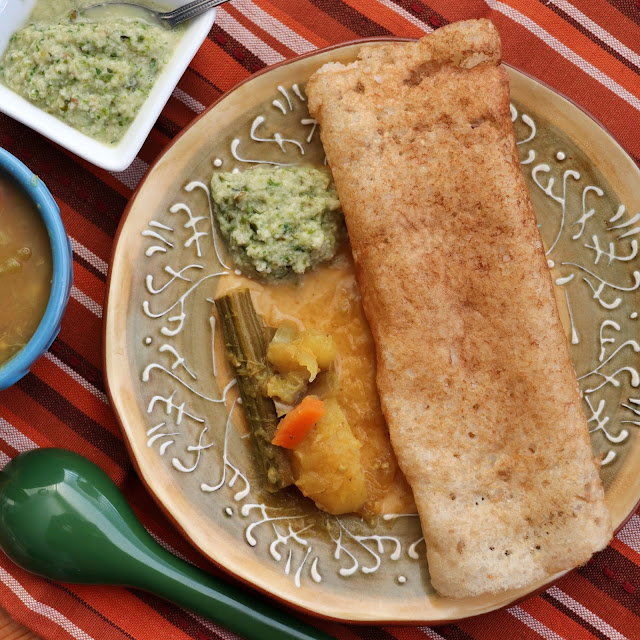
Over and beyond the financial costs, food waste has serious consequences for the environment. The Natural Resource Defense Council estimates that American households waste 30–40% of their food annually. This is a terrible waste of resources, both monetarily and in terms of the time, effort, and fuel required to raise, harvest, and transport the food to its final destination. Reusing leftovers in new meals can minimize family food waste. As a result, all the perishable food in the house will be used. Some other methods for accomplishing that goal are listed below.
If you have any leftovers, throw them into another one of your favourite dishes.
A second technique to repurpose leftovers is to include them into the preparation of a dish that has nothing in common with the original. Some examples of such foods are basmati rice that can be used in a stir-fry, and cooked veggies that can be used in a frittata. In any case, you'll be making excellent use of your leftovers. This is a great way to make the most of leftovers while also improving the overall taste and nutritional value of the dish you're preparing.
Use your imagination to find new purposes for the abandoned items.
The leftovers from a dinner may be used to create a new dish, even if you're not in the mood for culinary experimentation. You may make a frittata using leftover spaghetti or make a sandwich with leftover braised beef. The viability of either of these two options should be carefully considered. The secret to successfully combining components lies in maintaining an adaptable mindset and a willingness to try out novel combinations. It is feasible to come up with a number of different combinations.
Reusing food saves money
Leftover chicken may be used to create lemon chicken or tortilla sandwiches. Extra cooked potatoes can be used to make potato pancakes or thrown into a stew. Your leftover potatoes can be used effectively in either of these two ways. Repurposing food into something useful saves money and cuts down waste.
Make use of preservation techniques
Leftovers can be stored for later use by using any of a variety of food preservation methods. For example a cooked meal could be stored in a refrigerator or freezer. Freeze leftover cooked pasta, veggies, or meat for later use. You can cut food costs effectively by doing this, which also makes it easy during meal time.
Reusing leftovers in future meals are a simple and time-efficient approach to limit the amount of food that is thrown out. This saves money and reduces carbon dioxide emissions. The point is to get creative with your leftovers so you could make new meals out of them or incorporate them into existing ones. This requires creativity and openness. Being adaptable and creative, you can get the most out of what you have in the pantry while still eating delicious, healthy meals.
Please note that all opinions and thoughts expressed are my own. All rights reserved on photographs and written content Createwithmom © 2010 - 2023. Please Ask First

No comments:
Post a Comment
Thank you for commenting :)